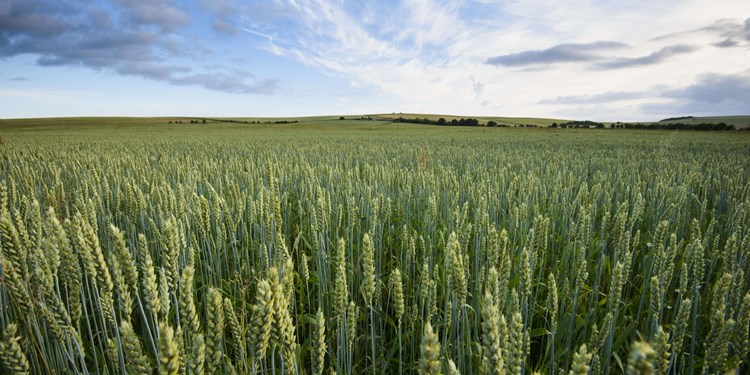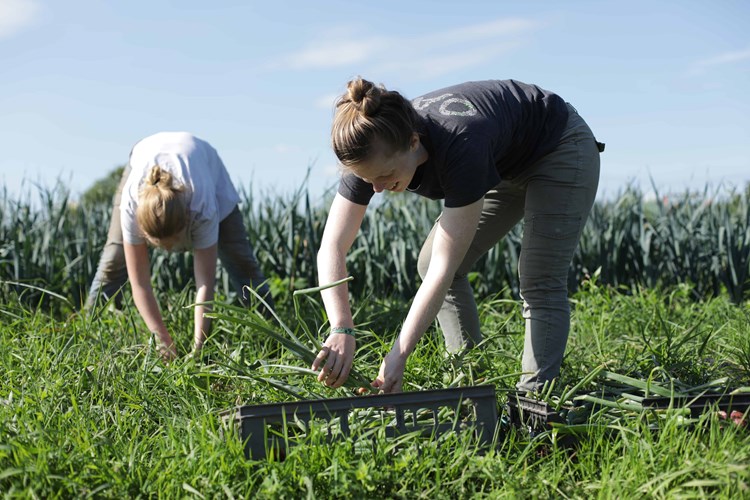EFRA Report on Health and Harmony
The Environment, Food and Rural Affairs Committee has today launched its report, ‘The future for food, farming and the environment’, calling on government to “ring-fence funding for farming post-Brexit, provide much greater details on its new support mechanisms for farmers, and ensure environmental and welfare standards are maintained on products entering Britain.”
The report is the result of the Committee’s inquiry into the impact of leaving the EU’s Common Agricultural Policy and whether government proposals, outlined in the future of food, farming and the environment ‘Health and Harmony’ paper, will deliver on its ambitions for farming post-Brexit. Helen Browning, Chief Executive of the Soil Association, was among many farmers, NGOs and experts from across the food and agriculture sector who gave evidence and who are quoted in the report.
Public Health
The Soil Association warmly welcomes the public health focus of the recommendations and the strong message that the government “has failed to link agricultural policy to wider public health goals and reducing diet-related diseases.” The Committee finds that healthy food makes a wider contribution to public health and recommends that public health should be supported as a public good under the new model of awarding payments to farmers, which was a key recommendation put forward by the Soil Association, Sustain, and others. The report also calls on government to recognise and harness the potential of public procurement to both support British farmers and improve diets.
Innovation
We welcome a number of the other points made, including recognition of the benefits of farmer-led research and innovation, with the proposal that government should fund facilitation for farmers working together and leading projects; as highlighted by the Innovative Farmers Network.

Organic
We agree with the recognition of success of some existing farm support schemes and the strong call to extend them. This should include an ambitious expansion of organic farming as a key way to deliver a range of public goods.
Climate Change
We look forward to the Committee adopting a much greater focus on climate change in their ongoing scrutiny of government policy and the forthcoming Agriculture Bill. Despite no reduction in agricultural emissions over the past 6 years, and recent Ministerial statements on the potential for a net zero emissions goal in line with the Paris climate agreement, the need for bold new policies to tackle the climate impacts of food and farming is completely absent from today’s report.

Emma Hockridge, Head of Policy (farming and land use), Soil Association said: “We strongly support the Committee’s recommendation that public health be recognised and rewarded as a public good in the context of agricultural payments – public health should be one of the defined ‘purposes’ of the Agriculture Bill and should be integrated into all food and farming policy. In practical terms, that should include an end to the routine, preventative use of antibiotics in farming, more support for British and organic fruit and vegetable production, and harnessing the full power of public procurement to create new local markets for British farmers and ensure school children and hospital patients are provided with healthier, higher quality, sustainably produced food.
“We also welcome the Committee’s recognition that farmers urgently need more clarity on the detail of future policy. As one part of that, we want to see a bold commitment to the UK becoming a world-leader in organic farming. That would benefit nature and the environment, improve animal welfare, and create opportunities for farm businesses to innovate and thrive. It would also help to show that there does not have to be a trade-off between food production and environmental protection.”
Keep up to date with our work to create a farming system fit for the future post-Brexit here.
While you’re here…
…we’ve got a small favour to ask. As a charity we rely on fundraising to do our vital work. We champion a world where people, farm animals and nature can thrive – and we’ve made huge steps forward working with farmers, growers and researchers to find pioneering and practical solutions to today’s farming challenges. But there’s so much more to be done.
You can help change the way we farm and eat for good. If everyone who visits our website and cares about the food they eat and how it’s been produced, makes a small contribution today, we can do more of the work that really matters.

